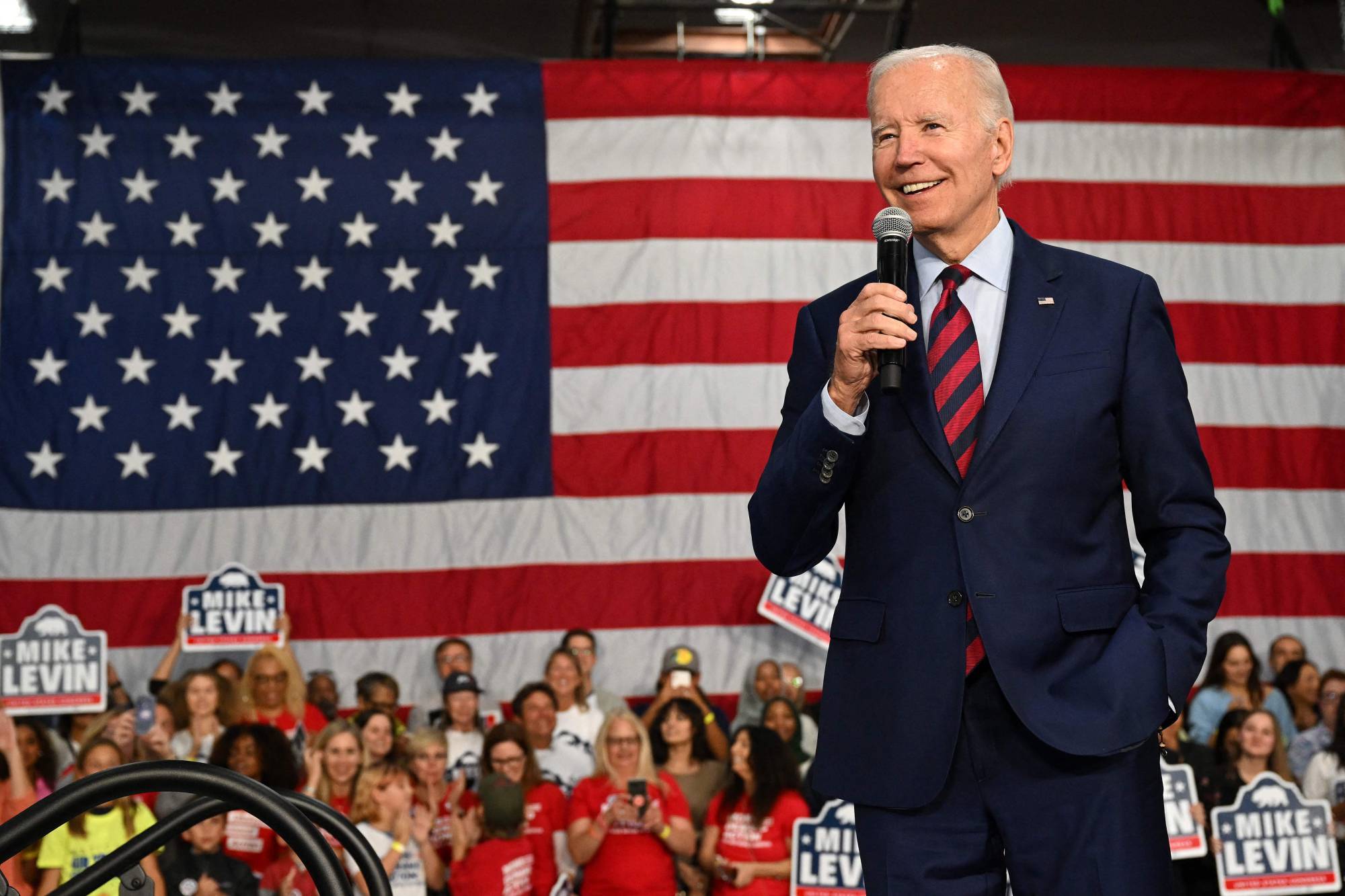With just days to go, the U.S. midterm elections of Nov. 8 are raising many questions in Japan.
Will the elections be conducted in a free and fair manner and will the results be accepted by both winners and losers? Will Democrats retain their majority in the House and the Senate or will Republicans take control? What effect will the outcome have on the Biden Administration, in particular its foreign policy? What implications will the election results have for the 2024 U.S. presidential election?
Until recently, Japanese observers of American politics debated whether a Republican or a Democratic administration in Washington would be better for Japan. As recently as April 2020, a Japanese government official wrote a famous article in The American Interest arguing that Japan prefers Donald Trump to Joe Biden as president because “We just don’t want to see the United States go back to engagement (with China), which will undoubtedly come at our ... expense.”


















With your current subscription plan you can comment on stories. However, before writing your first comment, please create a display name in the Profile section of your subscriber account page.